Stadium conditions cause concern for athletes
Sinking seats at Newell Stadium
March 13, 2017
With spring sports season approaching, GHS athletes and fans are concerned about yet another water issue. The track within the newly built Newell Stadium at GHS floods after it rains, and holds the water until it is vacuumed. In addition to the flooding, the stadium seats have begun to sink into the ground.
The flooding track is caused by the stadium’s location. Michael Hale, the director of Public Works in Gloucester, was part of the committee when the stadium was first being installed. He and a handful of others have worked together to find out why this is happening and what they can do to fix it.
“The whole field complex was a dump where everyone brought their trash 150 years ago. It’s filled tide land as well,” said Hale. “If you look across the channel of the Annisquam river towards Essex Ave., the marsh is what the field was once upon a time, which is why the track keeps flooding, because it is sinking into the ground.”
This will cause many issues for spring sports, forcing GHS spring track teams to reschedule if the track floods before a meet. It will also make it difficult for practices to occur, as they will have to avoid the puddles altogether.
“The GFA made the whole field project happen. They tried to account for every single eventuality, everything that might possibly happen, they calculated and they got it wrong,” said GHS Athletic Director Julie Smith. “So that’s what we’re dealing with. It’s just that the best laid plans didn’t work out properly and now they’re trying to figure out how to fix that.”
In addition to the track flooding, the stadium seats have begun to sink into the ground on either side. This was caused by the settling of the foundation into the previous foundation below the bleachers.
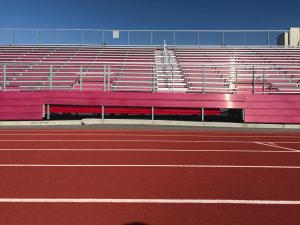
“When they did the bathrooms they were built on piles, so they drove piles into the soil so the building would settle. With the bleachers, they had a structural slab that an engineer designed to support the bleachers without movement,” said Hale. “It appears that it has moved. So we are in negotiation with the designer and the contractor on a solution to fix that.”
Fixing the issue will cost a substantial amount of money and take five to six weeks of work. It will consist of taking the bleachers out and redoing the slab where the bleachers are placed. This would also prevent the track from continuing to collect water.
“We haven’t fully accepted the project from the contractor. This has been something that we’ve noticed from six months after they walked away from the project. So, we’ve been tracking it ever since. We’re working with the contractor and engineer to develop that plan, which has yet to be determined,” said Hale.
“It may mean legal action by us first to compel them to do it or have them give us money to have someone else take care of it. Our hope is that it will happen this summer, but if it gets into court it could take longer. But, the hope is that the design engineer contractor will come up with a reasonable solution that the city can live with so we can go forward with it.”
There are three components needed in order to start on the construction. A design engineer from a private engineering firm who is paid to design the stadium and oversee the construction, a contractor who will bid on the work and be given the contract by the city to construct it. Finally, the city and the design engineer will have to come to an agreement as to what the fix is.
The contractor who installed and built the stadium will have some stake in it as well because they are the ones who will pay the bill, but it will be the city’s professional staff who will ultimately sign off on this fix.
“We’re hoping to fix whatever’s not right. It’s expensive. It’ll be hundreds of thousands of dollars to fix. But it needs to be done. They’ll be moving the bleachers away and then doing the slab would cost a lot because it is time and labor consuming,” said Hale. “We probably wouldn’t start until the end of June. It’s about five or six weeks of summer to avoid the football season, but the captain’s practices will still be going on in the summer.”
Although they hope to fix the issues surrounding the stadium, the question as to what will happen with Spring sports is still up in the air. One thing is for sure: if the track continues to flood, then games will have to be postponed until the water is gone.









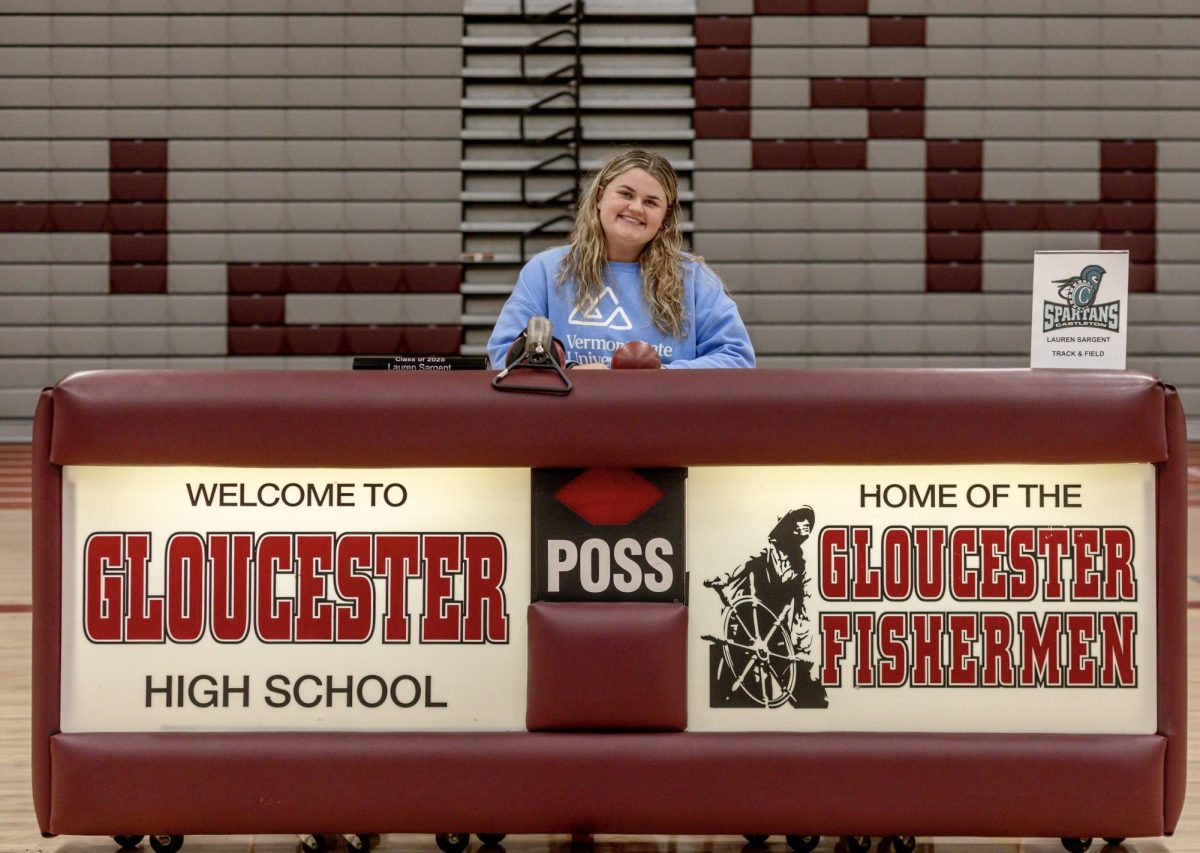
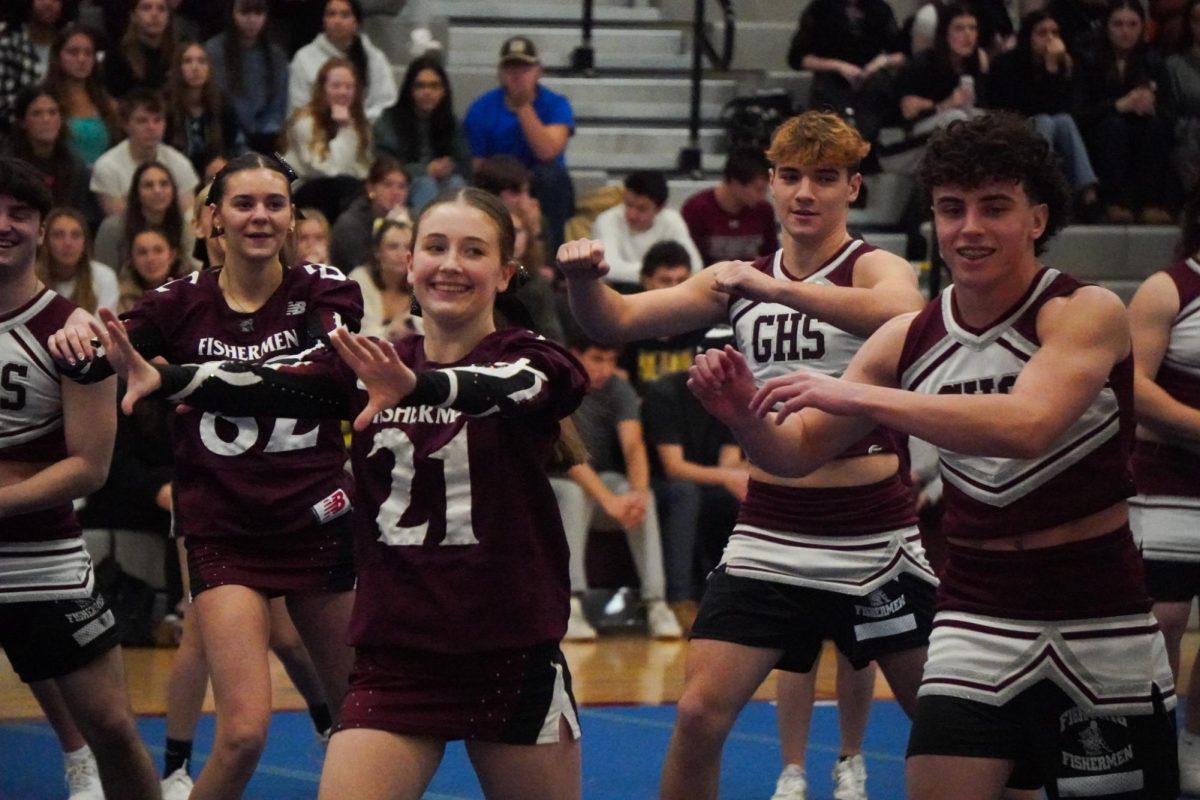
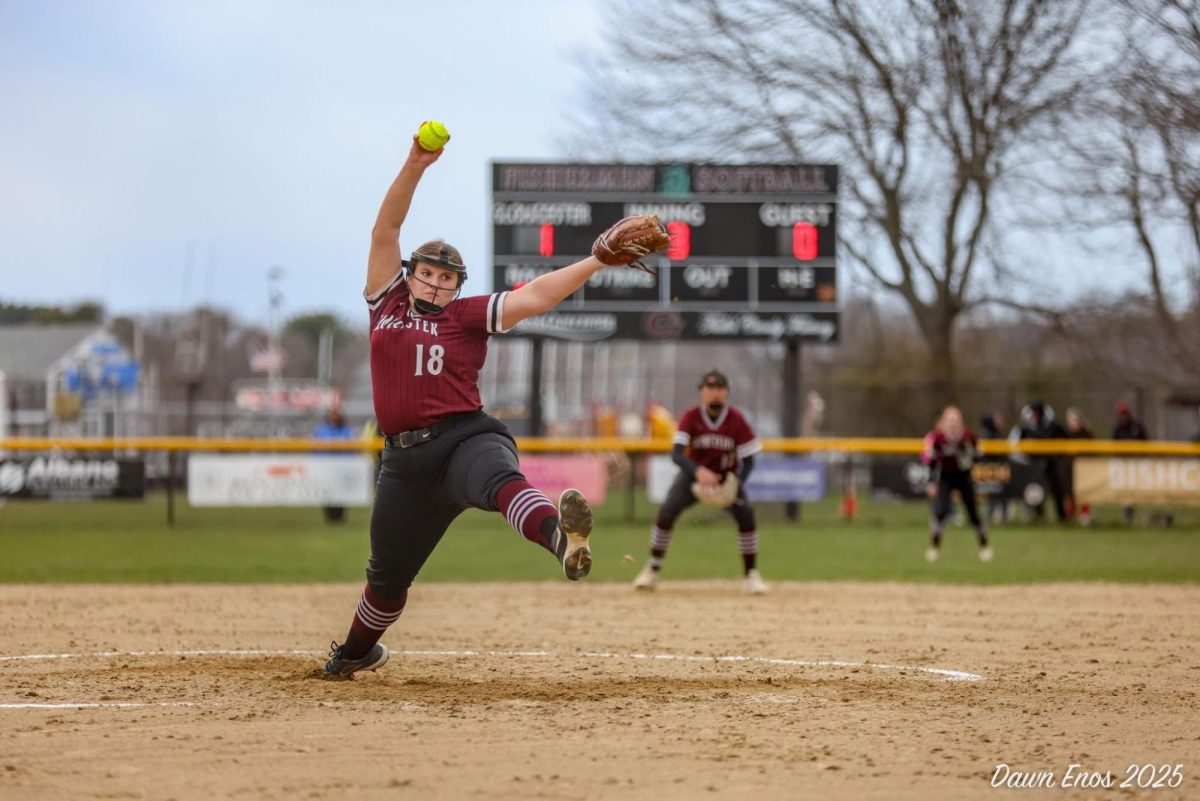
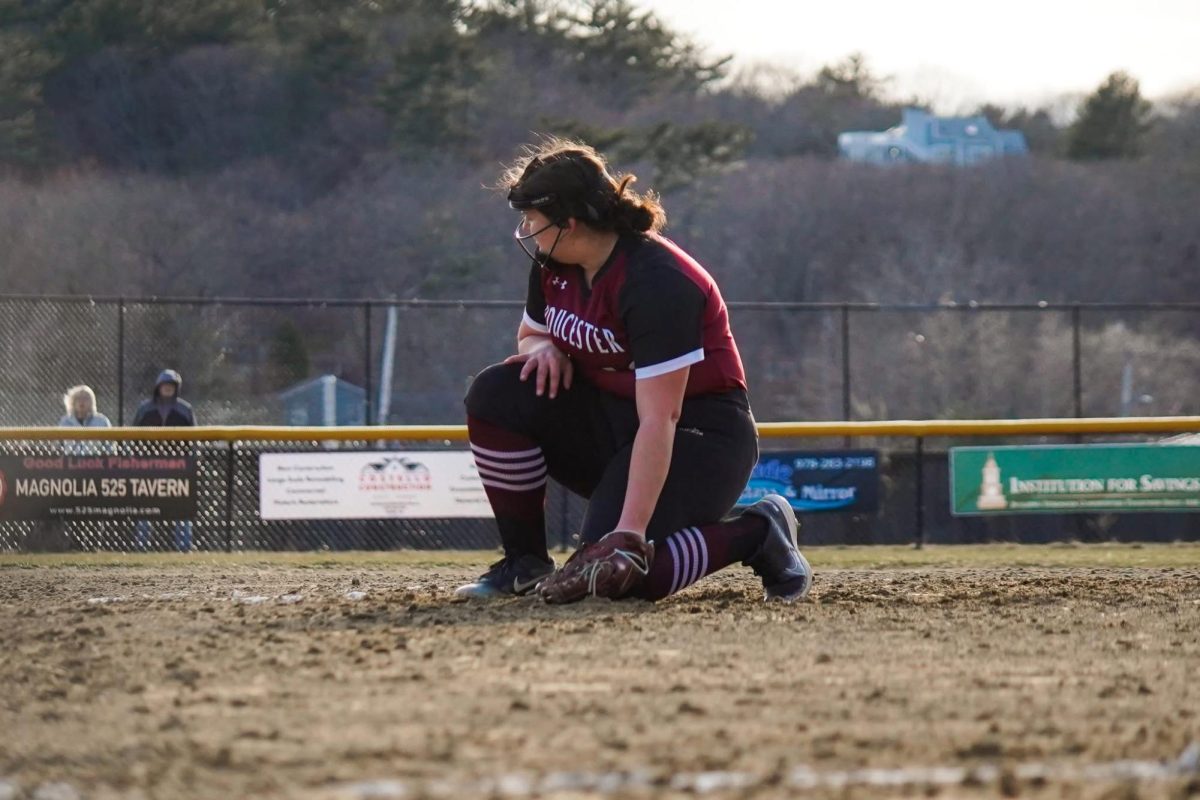
















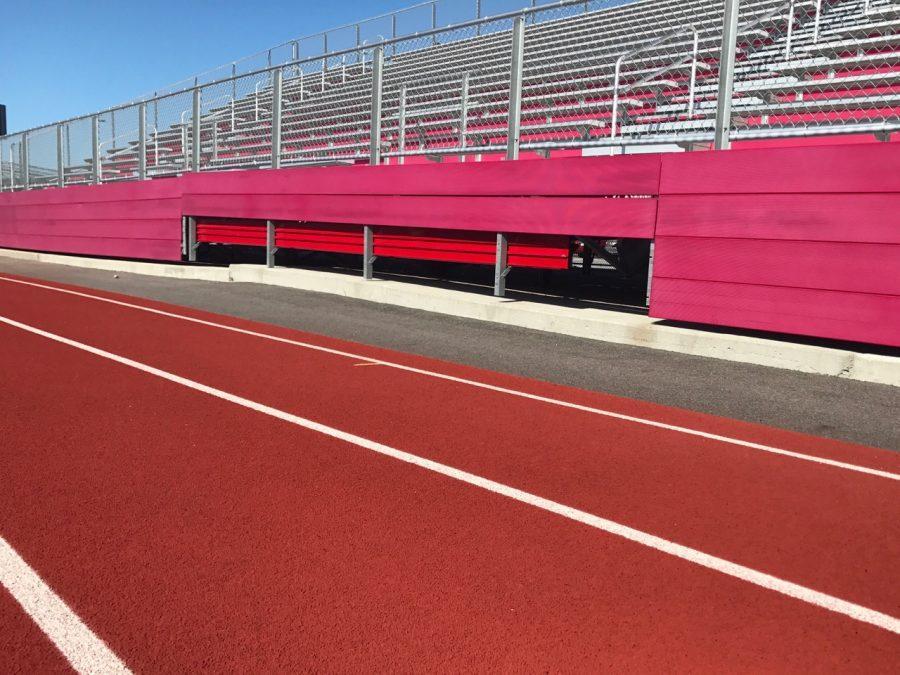


Wendy Elizabeth Rose • Mar 15, 2017 at 7:45 pm
Always something…. water is a big issue at GHS these days. Seems like the school and the grounds needs immediate attention. Especially the inside of the school with all the leaks.
Rick Marshall • Mar 14, 2017 at 3:55 pm
One option is to cut your losses and put the stands on the other side. No matter what you do to fix the stands in there current location the problems will most likely come back. Stands facing high school would look great. ( like Danvers )